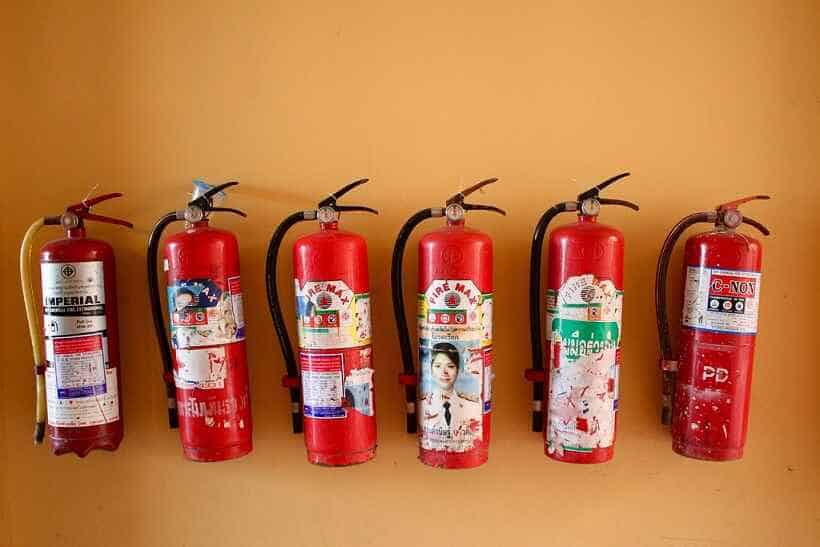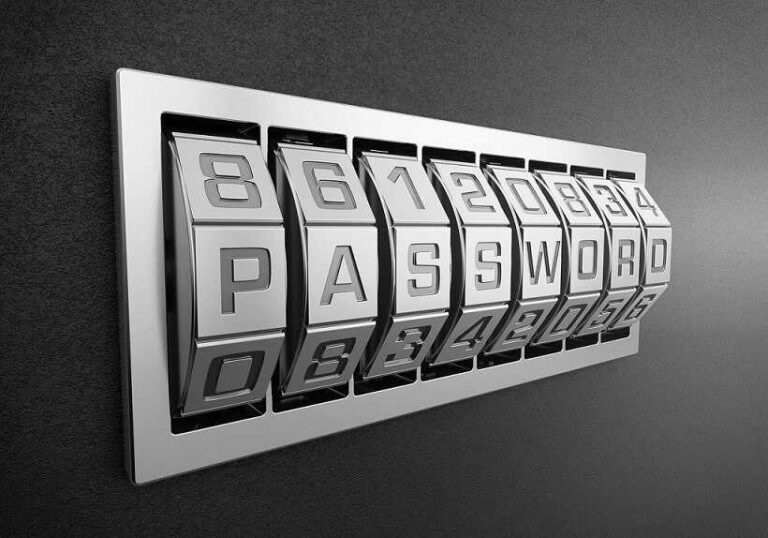Preventing Home Fires with Simple Fire Safety Tips
Fire safety is crucial to protect lives, homes, and belongings. Recognizing the potential dangers and the devastating consequences of home fires is the first step towards preventing them. By understanding the importance of fire safety, individuals become motivated to implement preventative measures and create a safer living environment.

Installing Smoke Detectors
Smoke detectors are essential devices that can provide early warnings in the event of a fire. Install smoke detectors on every floor of your home, including bedrooms and common areas. Regularly test the detectors and replace batteries as needed. Smoke detectors significantly increase the chances of early detection, allowing residents to escape and contact emergency services promptly.
Creating an Emergency Evacuation Plan
Developing an emergency evacuation plan is crucial for ensuring everyone’s safety during a fire. Discuss and practice the plan with your family members, identifying escape routes, and establishing a meeting point outside the house. Assign responsibilities to each family member to ensure a swift and organized evacuation in case of an emergency.
Educating Family Members
Proper education is key to fire prevention. Teach family members about the dangers of fire, how to use fire safety equipment, and what to do in case of an emergency. Educate children on the importance of not playing with matches or lighters and establish clear rules regarding fire safety practices.
Safe Use and Storage of Flammable Materials
Flammable materials, such as gasoline, lighter fluid, and cleaning agents, should be stored in a safe and well-ventilated area away from heat sources. Follow the manufacturer’s guidelines for proper storage and disposal to prevent accidental ignition or the release of harmful fumes.
Proper Handling of Electrical Appliances
Electrical appliances can be a common source of home fires. Ensure that all electrical appliances are in good working condition and free from frayed wires or damaged plugs. Avoid overloading electrical outlets and use surge protectors when necessary. Unplug appliances when not in use to reduce the risk of electrical fires.
Regular Maintenance of Heating Systems
Heating systems, such as furnaces, fireplaces, and wood-burning stoves, should be inspected and maintained regularly. Keep flammable objects, such as curtains or furniture, at a safe distance from heating sources. Install protective barriers around fireplaces and use spark guards to prevent embers from escaping.

Keeping Fire Extinguishers Handy
Every home should have at least one fire extinguisher readily available. Place fire extinguishers in easily accessible areas, such as the kitchen, garage, and near potential fire hazards. Learn how to use a fire extinguisher properly and ensure it is regularly serviced and in good working condition.
Importance of Clearing Clutter and Maintaining a Clean Environment
Clutter and an unkempt living environment can increase the risk of fire incidents. Keep your home clean and organized, ensuring that flammable materials are stored appropriately. Regularly dispose of accumulated trash and avoid blocking fire exits or obstructing access to firefighting equipment.
Cooking Safety Practices
Kitchen fires are a common cause of home fires. Never leave cooking unattended, especially when using open flames or high heat. Keep flammable materials away from the stovetop and use pot handles facing inward to prevent accidental spills. Install a fire blanket in the kitchen as an additional safety measure.
Candle and Open Flame Safety
Candles and open flames should be used with caution. Place candles on sturdy surfaces, away from flammable objects, and never leave them unattended. Consider using flameless alternatives, such as LED candles, to eliminate the risk of accidental fires.
Smoking Safety
If you are a smoker, practice safe smoking habits. Avoid smoking indoors, especially in bed, as falling ashes can ignite flammable materials. Always extinguish cigarette butts properly and dispose of them in designated containers.
Outdoor Fire Safety Measures
Outdoor fire safety is essential, especially during activities such as bonfires, barbecues, and camping. Follow local regulations regarding open fires, maintain a safe distance from structures and vegetation, and have a water source or fire extinguisher nearby. Properly extinguish fires before leaving the area.
Safety Precautions during the Holiday Season
The holiday season often involves decorative lights, candles, and Christmas trees, which can increase the risk of home fires. Ensure that holiday lights are in good condition, never leave them on overnight, and keep them away from flammable materials. Water Christmas trees regularly to prevent them from drying out and becoming a fire hazard.
Conclusion
Preventing home fires should be a top priority for everyone. By implementing simple fire safety measures, such as installing smoke detectors, creating emergency evacuation plans, and practicing safe habits, individuals can significantly reduce the risk of fire incidents in their homes. Remember, fire safety is a collective responsibility that requires awareness, education, and proactive measures to protect lives and property.
FAQs
1. How often should smoke detectors be tested?
Smoke detectors should be tested at least once a month to ensure they are functioning correctly. Replace batteries twice a year or as needed.
2. What should I do if a fire occurs in my home?
In case of a fire, follow your emergency evacuation plan and evacuate immediately. Call emergency services from a safe location.
3. Can I use water to extinguish all types of fires?
No, different types of fires require different extinguishing agents. Water may not be suitable for fires involving flammable liquids or electrical equipment.
4. Are LED candles a safer alternative to traditional candles?
Yes, LED candles are a safer alternative as they do not produce an open flame and eliminate the risk of accidental fires.
5. Should I leave appliances plugged in when not in use?
It is recommended to unplug appliances when not in use to reduce the risk of electrical fires and save energy.
Disclaimer
Certain content that appears on this site comes from Amazon. As an Amazon Associate we earn from qualifying purchases. Read full Disclaimer Here!






